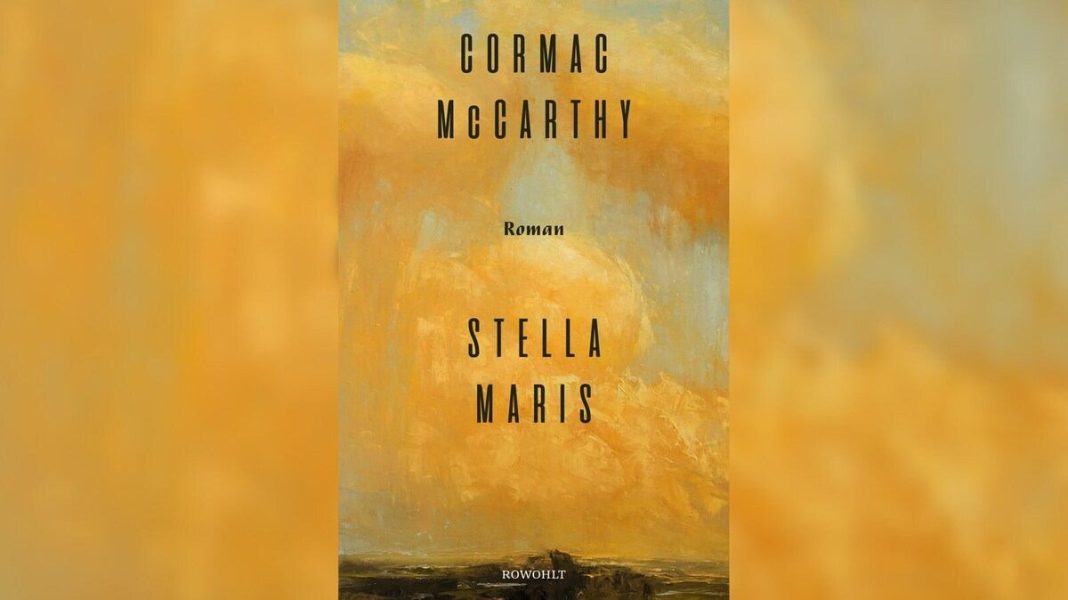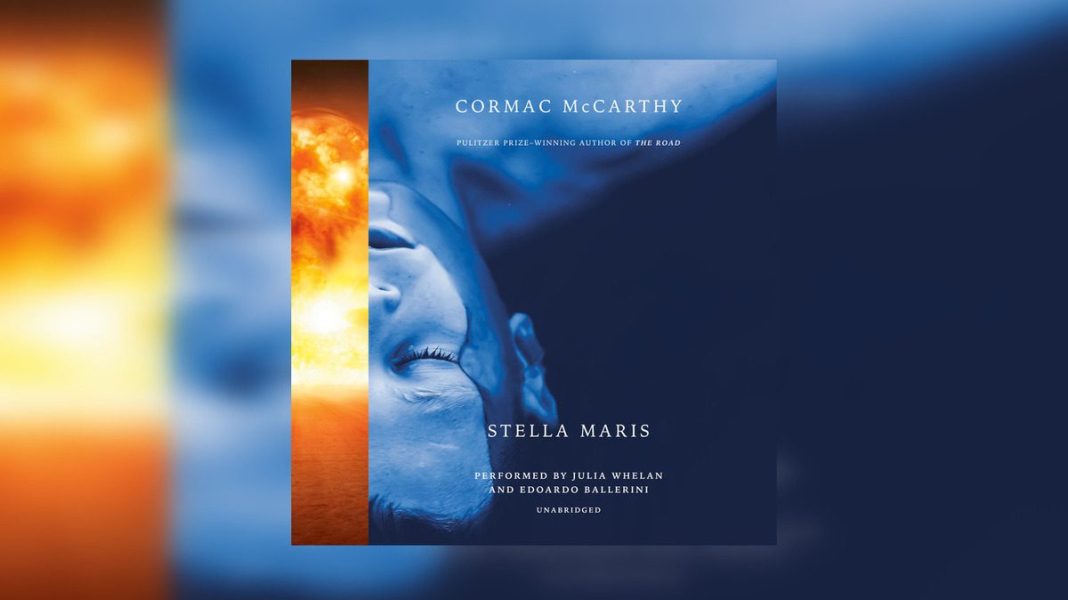Alicia Western is the protagonist of “Stella Maris,” the companion novel to The Passenger. She is the first female protagonist of Cormac McCarthy, the author who usually avoids creating female characters. The ones he had created before had met terrible ends even before the readers could clearly figure them out. Alicia is the author’s first attempt at sketching a detailed female character, and he does quite a good job. There are bits and pieces that I have found quite offensive as a female reader, but I am ready to forgive McCarthy considering the fact that he at least made an attempt to portray women instead of denying their existence altogether or projecting them as too complex to hold a place in his works. Let us go through Alicia’s character in detail to find out more about her.
The book is divided into seven sessions that Alicia has with her therapist, Dr. Cohen, and those who have read The Passenger already know quite a bit about her. Alicia is a brilliant mathematician pursuing her doctoral degree from the University of Chicago. She works on topos theory and is somewhat like a child prodigy. She is Robert (Bobby) Western’s (the protagonist of The Passenger) sister, and the two siblings are in love with each other. No, it is not the kind of love that siblings share but a full-on romantic love. The events of “Stella Maris” unfold in the year 1972, quite a few years earlier than The Passenger, which, though based on Bobby, has several accounts of Alicia. Alicia has already committed suicide by the time The Passenger opens, but in “Stella Maris,” McCarthy makes sure that the readers get to know Alicia well. She is like her brother Bobby and his friend John Sheddan, as they were described in The Passenger: beautiful, brilliant, and eccentric. She could tell the time when she was four and learned to read even before that. She never graduated from high school and began working on her doctoral thesis when she was 16. Right from the beginning, she always kept to herself, and people of her age always knew that she was different. Both her parents had worked on the Manhattan Project, her father with other scientists, and her mother in the factory where uranium isotopes were separated. Bobby and Alicia had grown up with the knowledge that their parents had been involved in one of the most horrible crimes that has ever been committed in human history, and they also knew that their father had no remorse. Being extremely well-read and already labeled as ‘weird’ since she was 4, Alicia yearned to find people to talk to and share her feelings with, but she couldn’t. After arriving at Stella Maris, she at least had some people to talk to. She made quite a few friends there and seemed to like the time that she spent amongst the ‘crazy weirdos.’
Her theories are all that McCarthy himself has come across, read, and discussed in length during his stay at the Santa Fe Research Institute in Mexico. Alicia talks about how music is independent of any other entity, how mathematics isn’t about calculation, and how the concept of reality is messed up, making us think about her as well as the author who constructed her. She is a firm believer in solipsism, and according to her, dreams are a form of message that her mind is trying to convey. The Kid, Miss Vivian, and all those who appear in her hallucinations come with a message. Miss Vivian makes her realize that babies cry not because they are hungry or sleepy but out of rage. The Kid is probably Alicia’s unconscious mind, coming to the surface to try to tell her about different things.
Alicia has always loved her brother and has always felt calm while being with him. She has known for a long time that neither she nor her brother could ever fall in love with anyone else. She dreamed of going away to Romania and starting a new life with Bobby, where they would be living in front of a river, and she would bear his children. But soon, she realized that Bobby would never be able to accept her, despite his love for her. She wanted to die and has given quite a bit of thought to how she wanted to die. The only thing that made her feel good was music. She bought a rare piece of violin with her share of fortune, which she had inherited from her family, and played it often. We can clearly understand that she is depressed and would kill herself, but the cause of her depression is not so simple. It’s not a single thing that has caused her to feel that she should kill herself. Everything has gone wrong when it comes to her. Be it her intelligence and ability to perceive and understand, be it her unacceptance in social circles, be it Bobby’s rejection of her proposal, or be it her understanding and coming to the conclusion that the problems that exist in mathematics cannot be solved, every one of these has caused her to give up hope little by little. We know that she is going to kill herself ultimately (as revealed in The Passenger), but we cannot help but wish she hadn’t.


